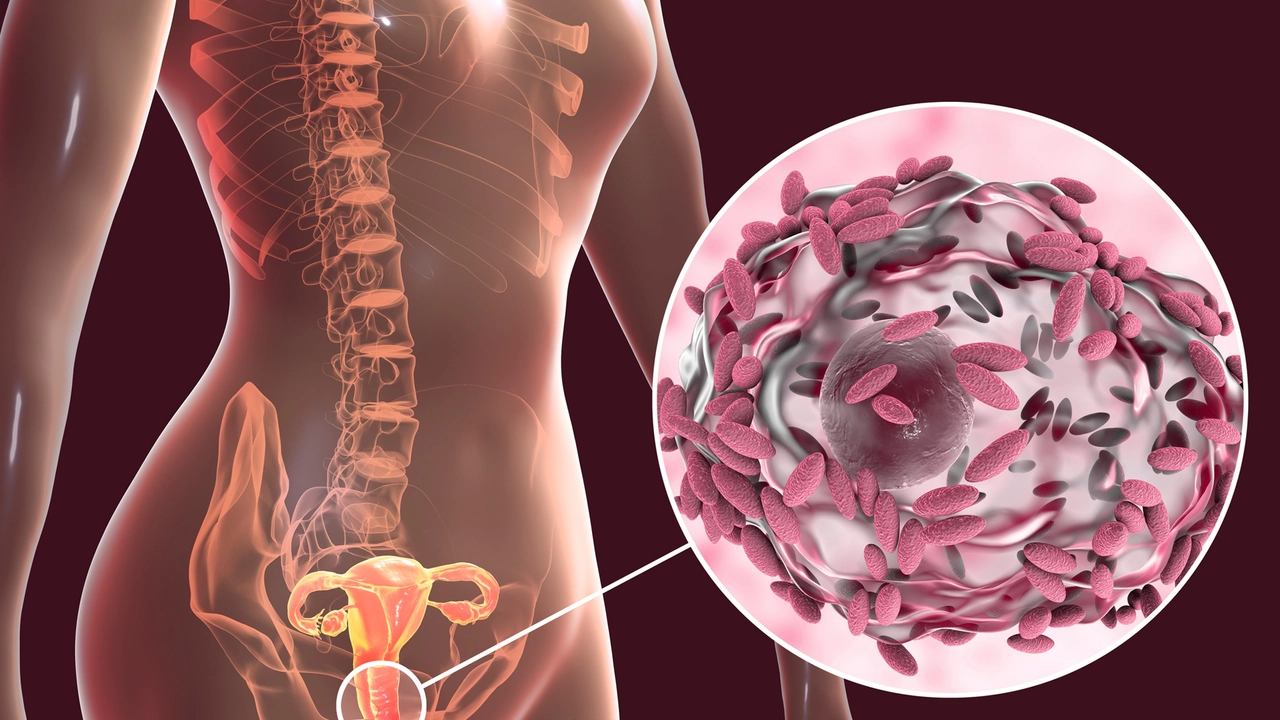Understanding Vaginal Infections
Let's start by understanding what vaginal infections are. These infections are a common health issue experienced by women at some point in their lives. Vaginal infections, also known as vaginitis, are an inflammation of the vagina that can result in discharge, itching, and pain. Sometimes, the cause of vaginal infections might be bacteria, yeast, viruses, or even a reaction from an irritant. There are different types of vaginal infections, such as bacterial vaginosis, yeast infections, and trichomoniasis. Each type has its own specific symptoms and treatments.
The Influence of Vaginal Infections on Sexual Health
Vaginal infections can significantly impact a woman's sexual health. When you have a vaginal infection, you might experience discomfort or pain during intercourse. This can lead to a decrease in sexual desire or even avoidance of sexual activity altogether. Moreover, some types of vaginal infections can be transmitted to your partner during sex, leading to a cycle of recurring infections. Therefore, it is essential to treat these infections promptly to prevent any further complications.
Sexual Practices and the Risk of Vaginal Infections
Some sexual practices can increase the risk of vaginal infections. For instance, unprotected sex or having multiple sexual partners can expose you to harmful bacteria and viruses that can cause infections. Moreover, using irritating substances such as douches or certain lubricants can disrupt the natural balance of bacteria in the vagina, leading to infections. Therefore, practicing safe sex and avoiding irritants can help maintain your vaginal health.
Management and Treatment of Vaginal Infections
Management and treatment of vaginal infections depend on the type and severity of the infection. It's important to seek medical attention if you notice any changes or discomfort in your vaginal area. Your healthcare provider might prescribe antibiotics for bacterial infections, antifungal medications for yeast infections, or antiprotozoal drugs for trichomoniasis. Remember, it's crucial to complete the full course of treatment even if your symptoms improve to ensure the infection is completely cleared.
The Connection Between Vaginal Infections and Fertility
Vaginal infections can also affect a woman's fertility. Untreated infections can ascend to the upper genital tract, leading to conditions like pelvic inflammatory disease (PID), which can cause infertility. Therefore, treating vaginal infections promptly not only protects your sexual health but also preserves your fertility.
Prevention of Vaginal Infections
Preventing vaginal infections is an integral part of maintaining sexual health. This includes practicing safe sex, maintaining good hygiene, wearing breathable underwear, and avoiding irritants. Regular check-ups and screenings can also help detect any infections early, allowing for timely and effective treatment.
The Emotional Impact of Vaginal Infections
Vaginal infections can also have an emotional impact. The discomfort and symptoms can lead to feelings of embarrassment or anxiety, especially regarding sexual activity. It's crucial to remember that vaginal infections are common and treatable. Open communication with your partner and healthcare provider can help manage these feelings.
Take Control of Your Sexual Health
In conclusion, vaginal infections are a common issue that can impact your sexual health significantly. By understanding the causes, symptoms, and treatments, you can take control of your sexual health. Remember, it's essential to seek medical attention if you notice any changes or discomfort, and to always take preventative measures to protect your health.


Sonia Festa
July 7, 2023 AT 08:02Amina Kmiha
July 8, 2023 AT 13:05Sara Allen
July 9, 2023 AT 23:23John Rendek
July 11, 2023 AT 21:23Nishigandha Kanurkar
July 12, 2023 AT 23:46Emily Barfield
July 14, 2023 AT 09:20Ryan Tanner
July 14, 2023 AT 18:17Rebecca Parkos
July 15, 2023 AT 16:39Albert Schueller
July 16, 2023 AT 08:57Vrinda Bali
July 18, 2023 AT 00:29Jessica Adelle
July 18, 2023 AT 07:19Sai Ahmed
July 18, 2023 AT 18:39Reginald Maarten
July 20, 2023 AT 04:26Rahul hossain
July 21, 2023 AT 22:31Ted Carr
July 23, 2023 AT 07:12Bradley Mulliner
July 23, 2023 AT 19:41